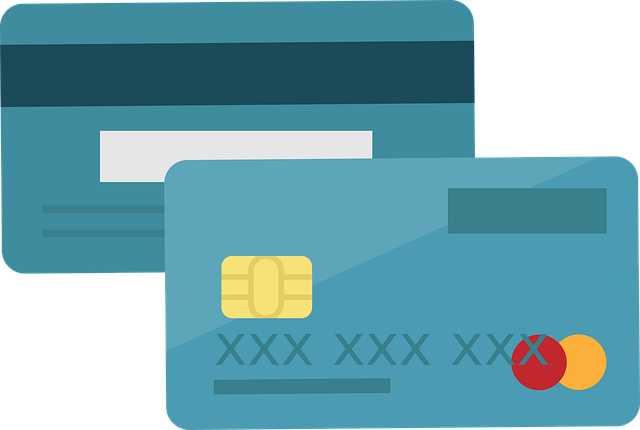You can’t ignore your personal credit when applying for a business loan. According to a recent study by the National Small Business Association (NSBA), over 27% of small business owners identified their personal credit score as the most important factor when applying for a loan or line of credit. How do personal credit scores affect business financing exactly?
How Personal Credit Scores Affect Business Financing
 Personal Credit Scores Explained
Personal Credit Scores Explained
Your personal credit score represents your creditworthiness as a borrower of money or credit. It’s calculated by credit reporting agencies using a variety of factors, including your credit history, credit utilization, length of credit history, types of credit used and recent credit inquiries.
The most commonly used credit score in the United States is the Fair Isaac Corporation (FICO) score. It ranges from 300 to 850. A higher FICO score indicates greater creditworthiness.
How Your Personal Credit Score Affects Business Financing
Whether you’re planning on applying for a business loan or a line of credit, you should check your personal credit score first. While some lenders focus exclusively on business credit scores, many of them do, in fact, look at personal credit scores.
Many lenders will review your credit score as part of the application process for a business loan or line of credit. This is particularly true for startups and small businesses. If you have a poor personal credit score, you may struggle to get approved for a business loan or line of credit.
Not only does it make it harder to get approved for a business loan or line of credit, but a poor personal credit score can result in lower amounts as well. The amount of the business loan or line of credit, for instance, may be lower if you have a poor personal credit score.
Tips to Improve Your Personal Credit Score
You can improve your personal credit by making payments on time. Late payments are a red flag for creditors. They will leave a lasting mark on your credit history that results in a lower credit score. By making payments to all credits on time, you’ll achieve a higher personal credit score.
 Another way to improve your personal credit score is to reduce your credit utilization. Credit utilization is a measurement of how much of your available personal credit score you are currently using. High credit card balances can lower your score. Try to keep your credit utilization below 30% of your total available personal credit.
Another way to improve your personal credit score is to reduce your credit utilization. Credit utilization is a measurement of how much of your available personal credit score you are currently using. High credit card balances can lower your score. Try to keep your credit utilization below 30% of your total available personal credit.
This article was brought to you by Intrepid Private Capital Group, a Global Financial Services Company. For more information on startup and business funding, or to complete a funding application, please visit our website.









+ There are no comments
Add yours